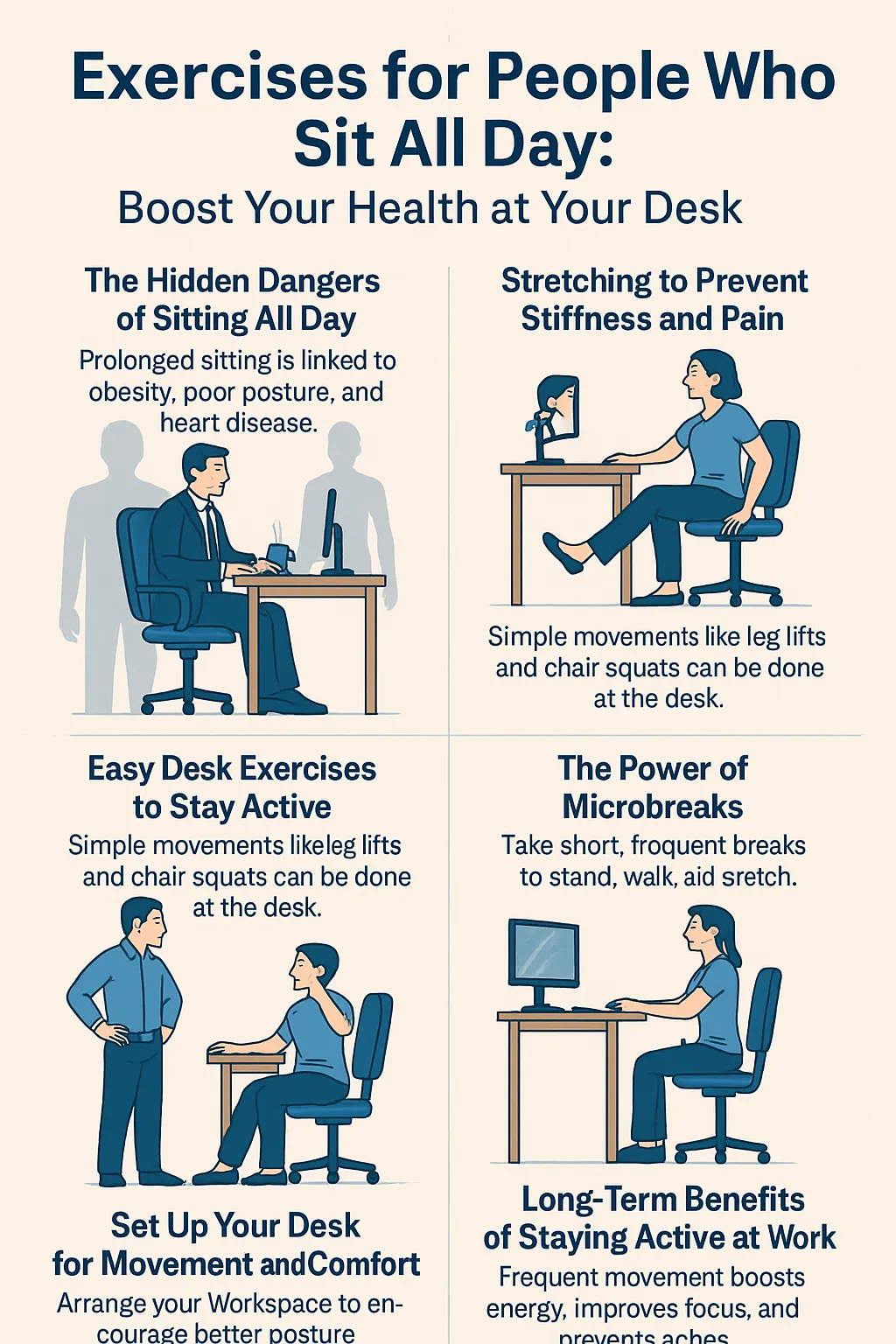
In recent years, scientists have uncovered a powerful connection between your gut and your brain. This relationship—commonly referred to as the gut-brain axis—suggests that your gut health plays a key role in your mental well-being. In this article, we’ll explore how your digestive system influences your mood, anxiety, and cognitive function, and how you can naturally support both by nurturing your gut.
The gut-brain connection refers to the complex communication network between your gastrointestinal tract and your central nervous system. This bi-directional link is primarily controlled by:
In fact, over 90% of serotonin, the “feel-good” hormone, is produced in the gut. That means your mood may be directly influenced by your digestive health.
Your gut is home to trillions of bacteria, fungi, and microbes that make up your gut microbiome. These microorganisms play a vital role in producing neurochemicals, breaking down food, regulating immune response, and protecting your gut lining.
When the gut microbiome is imbalanced (a condition called dysbiosis), studies have linked it to a higher risk of:
Recent research suggests that specific strains of probiotics (known as “psychobiotics”) may help improve symptoms of depression and anxiety by restoring microbial balance.
Wondering if your gut could be influencing your mental state? Here are common signs of poor gut health that may be affecting your brain:
If you’re experiencing both digestive and mental symptoms, the root cause might be your gut.
Keyword: foods that improve gut health and mood
Improving your gut health naturally begins with your diet. Here are some of the best foods that improve gut health and mood:
These foods help nourish healthy gut bacteria, reduce inflammation, and support brain function.
A gut-friendly lifestyle is essential for improving both digestive and mental health. Here’s how to support the gut-brain axis beyond food:
Small changes can make a big difference over time.
Many people are turning to probiotics for mental health benefits. Clinical studies have shown that certain probiotic strains—especially Lactobacillus and Bifidobacterium—may help reduce:
While probiotics aren’t a magic pill, they can be a valuable tool when combined with a healthy lifestyle and medical care.
Tip: Always consult a healthcare provider before starting any new supplement.
The relationship between your gut health and mental health is no longer a theory—it’s a well-supported scientific fact. If you struggle with mood swings, anxiety, or brain fog, your gut could be the missing piece of the puzzle.
By improving your gut microbiome through nutrient-dense foods, reducing stress, and supporting the gut-brain axis, you can naturally boost your emotional resilience and mental clarity.
Your gut and brain are always talking. It’s time to start listening.